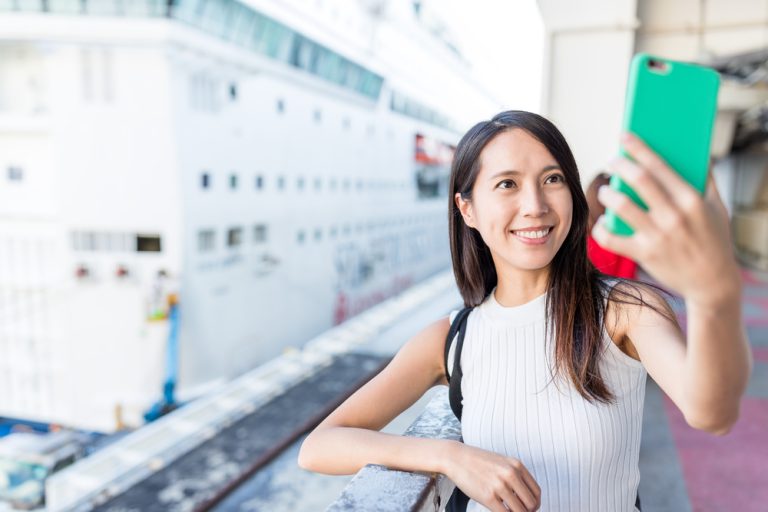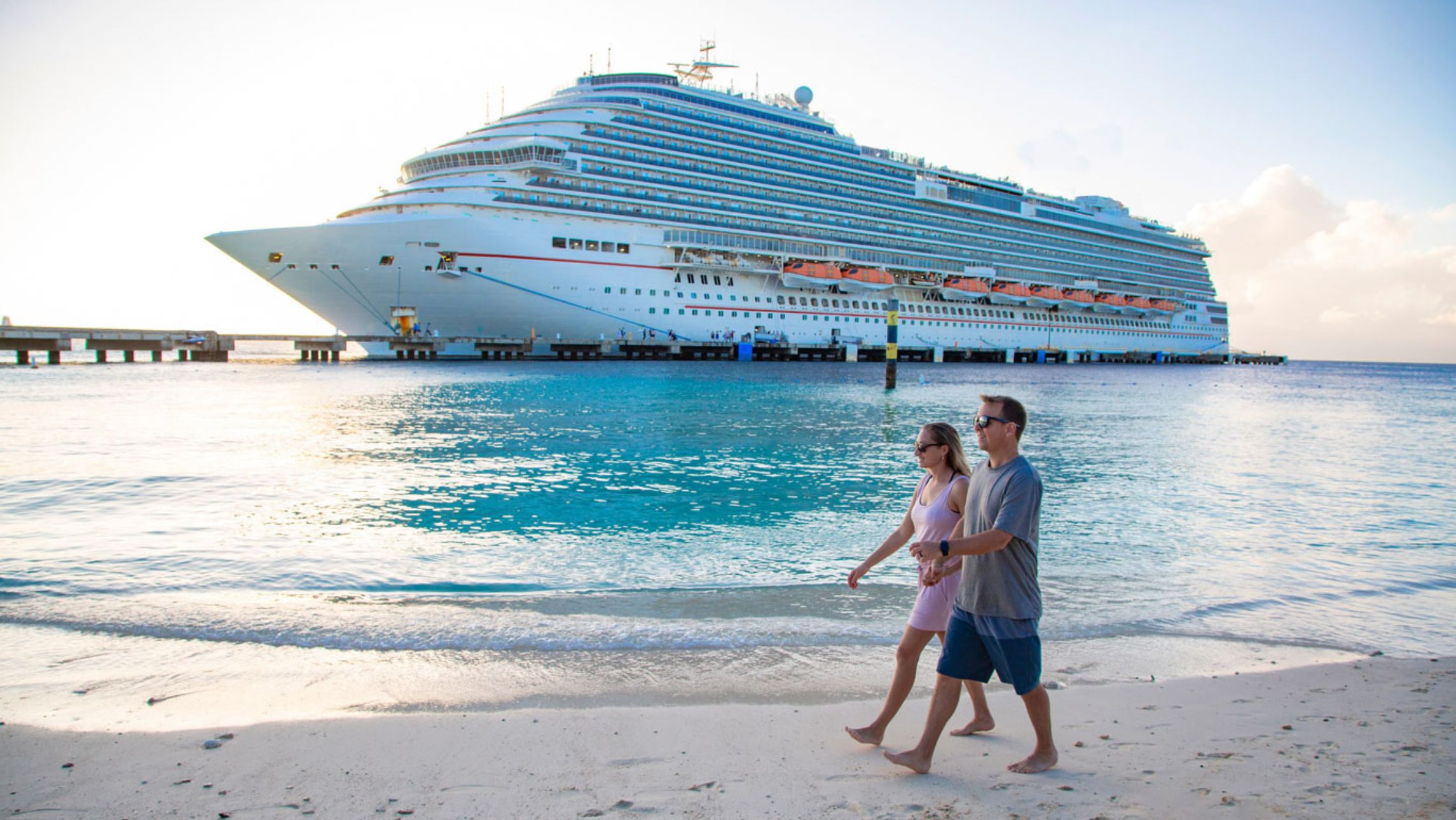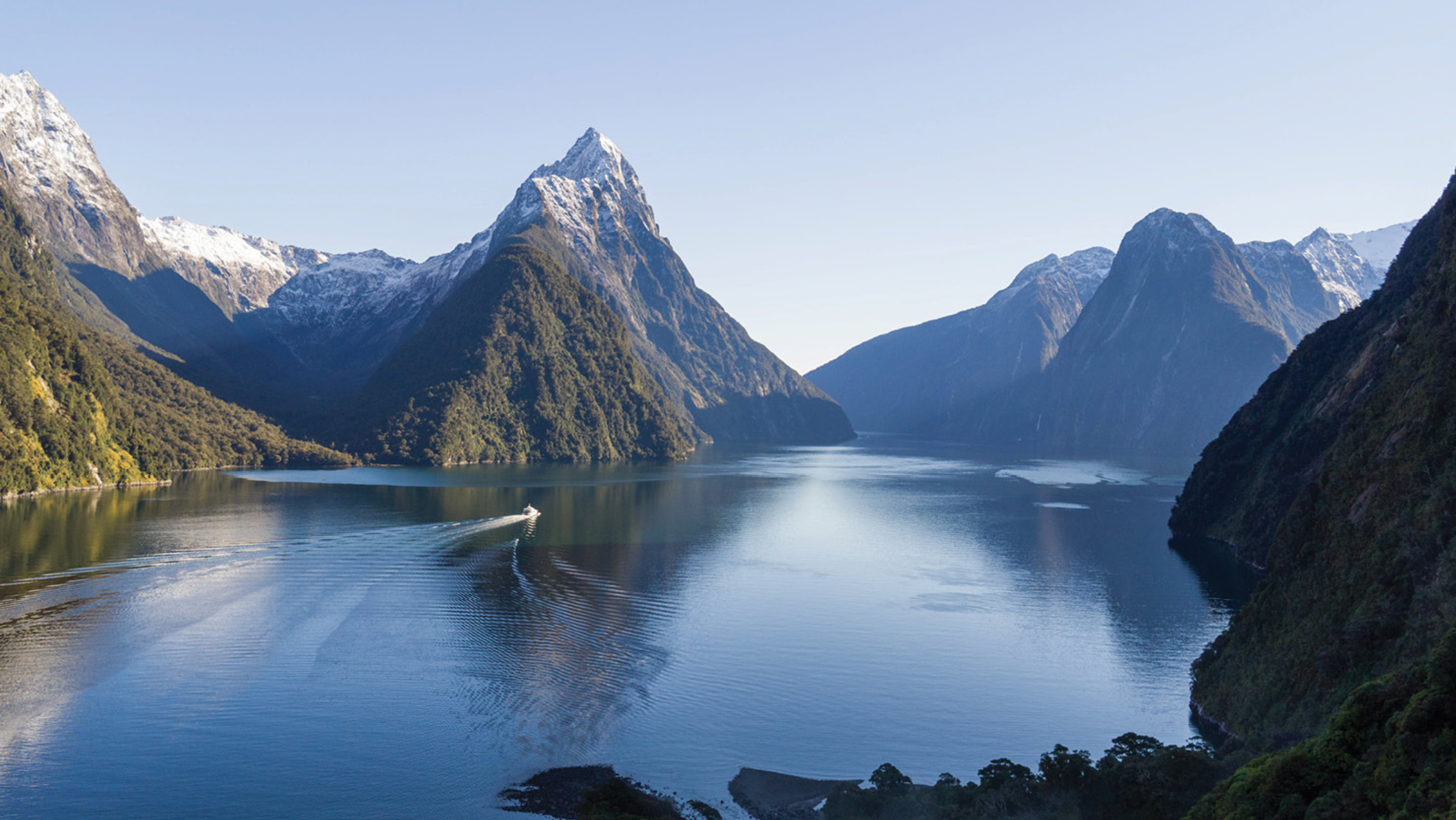Travel insurance could be the next big hurdle facing Aussie cruise fans, already behind every other continent with a restart of sailings.
In the UK, one of the first to start itineraries and now allowing vessels to sail at almost pre-covid levels, insurance is a must for obvious reasons – the high price of medical help on board and possible repatriation to shore make it important that families are covered.
There is a misconception that Medicare covers cruisers on domestic cruises. But passengers are not covered.
Only a handful of Australian travel insurers are already offering policies which cover some COVID-19 related situations. And as cruise travellers found out to their cost during the first wave of the pandemic, the devil is in the detail and reading the small print is a must.
The giant Cover-More group, one of Australia’s largest insurers and underwriters of major lines like Princess Cruises and Royal Caribbean, told Cruise Passenger while they will cover some COVID-19 related situations.
BUT if passengers contract the virus on a ship, they will not be covered. And additional premiums are required.
“Cover-More Travel Insurance has mandatory Cruise Cover if you are travelling on a multi‑night cruise. If you are going on a cruise, we ask that you please tell us. To be covered for cruise travel an additional premium applies and we can provide a quote. If cruise cover is added it will be shown on your Certificate of Insurance,” said Judith Crompton, CEO Asia Pacific of Cover-More Travel Insurance.
“We define a multi-night cruise as a trip involving an ocean, river or sea voyage of more than two nights in total duration, where transportation and accommodation is primarily on an ocean, river or sea going passenger ship.
“Multi-night cruises include voyages, that don’t stop at any port along the way e.g. a cruise out to sea for three nights and back; on a vessel to various ports e.g. sailing in Croatia, a river cruise in Europe; and those on a cruise ship around the same country e.g. Australia: Sydney-Hobart (select “Domestic Cruise” as the destination) or USA: Hawaiian Island cruises.
“For any of these, an International Plan with Cruise Cover is required.
“However, if someone contracts COVID-19 on a multi-night cruise, this will not be covered by Cover-More Travel Insurance. There are some pre-trip cancellation and amendment benefits for cruise travellers.”
But nib is offering cover for vaccinated cruise passengers who contract COVID-19 onboard their cruise.
“Cover for cruising is automatically included in our international policies. If a traveller gets sick aboard a cruise, we can offer overseas medical cover on board, including if they contract Coronavirus during their trip. It’s important travellers make sure they follow all relevant government and official advice. All policy terms, limits and exclusions apply, and they should be aware there are things we don’t cover, such as a cruise being cancelled by the provider due to an epidemic or pandemic.
“It’s important for travellers to choose a policy that provides the appropriate level of cover. One of the most common causes for confusion in regards to travel insurance is medical cover on a cruise between Australian ports because, once off-shore, they may not be covered by Medicare, leaving them to foot the bill if they’re uninsured. This is true regardless of whether the cruise provider is an Australian company, or a foreign company.”
In America, if you are unvaccinated and sailing on Royal Caribbean, the cruise line requires unvaccinated guests over 12 years of age travelling from Florida to provide proof of insurance that covers COVID-19 related medical expenses, quarantine and evacuation.
The insurance policy must have a minimum of US$25,000 per person for medical expenses and US$50,000 per person in travel expenses. The cost of insurance RCI are providing amounts to US$178 per person – a whopping US$712 for a family of four.
Carnival Cruise Line in America also requires its unvaccinated guests to show proof of a travel insurance policy that covers at least US$10,000 in medical expenses per person plus US$30,000 in coverage for emergency medical evacuation. And these policies must be without COVID-19 exclusions.
In Asia on their first sailings, Royal Caribbean offered cover of COVID-19 related costs up to SGD$25,000 per person in the travel party for onboard medical expenses, any required quarantine and travel home.
But that leaves still leaves Australians in the lurch if they are looking to book their overseas or local cruise.
Chair of the Australian Federation of Travel Agents Tom Manwaring said that while travel insurance is an essential part to booking your holiday, many are still in the dark around border closures.
“Travel insurance is essential and it’s important that you don’t leave home without it,” he said.
“There are a lot of policies around however they’re still hamstrung by the declaration of COVID being a pandemic.”










Incorrect as Medicare has never covered domestic cruising in Australian waters!